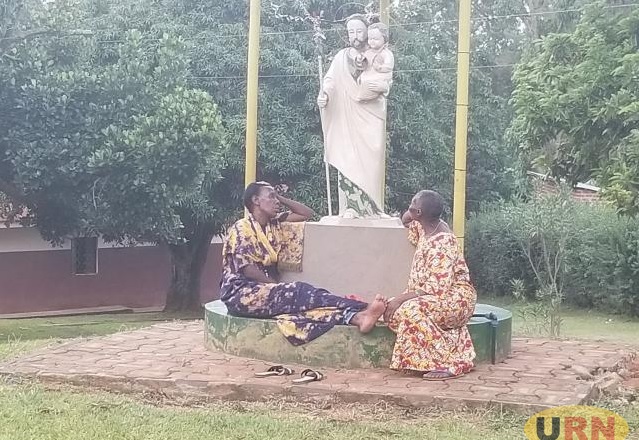
Buikwe, Uganda | THE INDEPENDENT | St. Karoli Lwanga, Mbiko Parish, has over the past 10 years positioned itself as a one-stop hospitality center, offering meals, clean water, shelter, and medical services to pilgrims heading to Namugongo.
The parish, run by the Mill Hill Missionaries under the Lugazi Diocese—organizers of this year’s Martyrs’ Day celebrations—is strategically located about 100 meters off the Jinja–Kampala highway in Njeru Municipality, Buikwe District. Its proximity makes it easily accessible to pilgrims from across Uganda and neighboring countries.
As the first Catholic parish after the Nile Bridge, Mbiko is a symbolic and practical stopover for pilgrims from the Jinja side as they prepare to triumphantly continue their journey the following day.
Pilgrims pitch camp at the parish’s St. Karoli Lwanga Church, which provides round-the-clock spiritual support, including daily Mass and opportunities for confession. The entire month of May is a beehive of activity at the parish, with pilgrims making stopovers en route to Namugongo.
At the time of this interview, hundreds of pilgrims were seen registering at the parish entrance, while volunteers served them food and water. Parish priest Fr. Andrew Mukulu said their expansive compound, church, hall, and nursery school provide ample space for pilgrims to rest and refresh before proceeding. Last year, the parish registered over 10,000 pilgrims, with about 4,000 coming from Kenya alone.
Fr. Mukulu explained that supporting pilgrims is an annual commitment. Committees are set up at the beginning of every year to prepare for the large numbers. Parishioners volunteer in key roles such as cooking, offering medical care, and cleaning the premises.
He noted that their work is made possible through donations from church members, nearby factories, and well-wishers. “We always receive food donations, medical supplies, water, sanitary wares, among others, but due to the big numbers, these items are never enough. However, we improvise,” he said.
Volunteers cook throughout the day as pilgrims, some weary and in need of urgent care, arrive at all hours. The legacy of hospitality at Mbiko has become a shared reality, with pilgrim groups often notifying the parish of their arrival about a month in advance.
Fr. Mukulu added that while early communication helps in planning, the parish is always ready to support all pilgrims—even those who arrive unannounced.
He noted that the number of pilgrims increases significantly between May 29th and 31st, as many begin the final stretch of their journey from Mbiko to Namugongo. He called on well-wishers to continue donating supplies to support the parish’s efforts.
****
URN
 The Independent Uganda: You get the Truth we Pay the Price
The Independent Uganda: You get the Truth we Pay the Price





